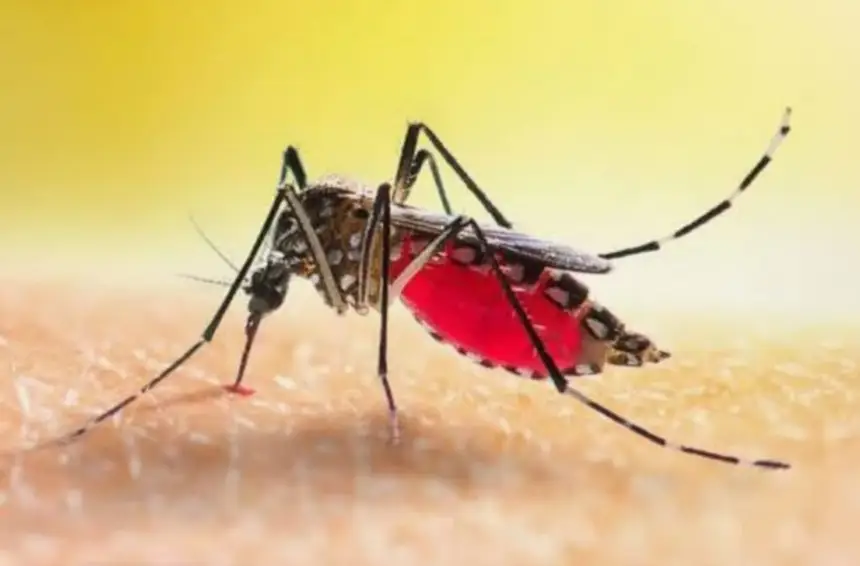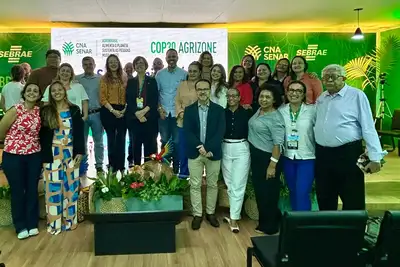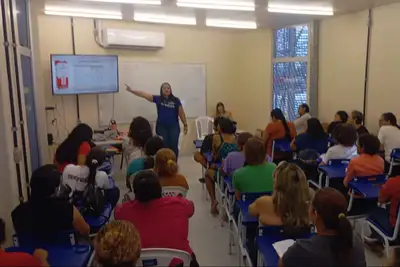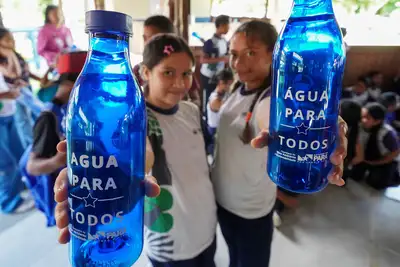State Department of Public Health (Sespa) reinforces measures to combat Aedes aegypti
The Department emphasizes the importance of maintaining simple habits to prevent cases of dengue, chikungunya, and zika, the main diseases transmitted by the mosquito

On August 20, World Mosquito Day is celebrated, a date that draws attention to the importance of prevention and combating Aedes aegypti, the transmitter of dengue, chikungunya, and zika virus. In Pará, the State Department of Public Health (Sespa) reinforces the alert to the population to maintain simple habits that can save lives.
According to the state coordinator of Arboviruses, Aline Carneiro, the challenge is that the mosquito has characteristics that facilitate its proliferation. "Aedes aegypti has urban habits, lives inside houses, and its reproduction cycle occurs every seven days. Therefore, it is essential for the population to conduct a weekly inspection for possible breeding sites. Awareness and community engagement are key pieces to prevent new infections," she emphasizes.

Among the recommended measures are:
- Check for water accumulation in water tanks, swimming pools, and containers in general;
- Clean gutters and animal drinking troughs;
- Properly dispose of garbage, always close to collection times;
- Keep barrels and water tanks tightly closed;
- Protect drains with fine screens;
- Put sand in plant saucers;
- Store bottles and tires in covered places.
"Prevention work takes only a few minutes a week, but it can interrupt the mosquito's cycle and protect entire families," reinforces Aline.
Among the main symptoms of dengue are high fever, headache, intense muscle pain, pain around the eyes, red spots on the skin, fatigue, and loss of appetite. Zika usually causes low fever, red spots, and redness throughout the body. Chikungunya presents high fever and severe joint pain, as well as muscle pain, skin spots, and extreme fatigue.
In Pará
According to the Notification Diseases Information System (Sinan), from January to July 2025, Pará confirmed 11,421 cases of dengue, 252 of chikungunya, and 17 of zika. To face arboviruses (viral diseases transmitted by mosquitoes, spiders, and ticks), the Department has developed the State Contingency Plan 2025, which monitors notifications in municipalities, evaluates municipal plans, promotes technical meetings, issues alerts, and trains health teams throughout the State.
Furthermore, Sespa emphasizes that combating the mosquito is only effective when there is unity between the public power and the community.
Text by Suellen Santos / Ascom Sespa









